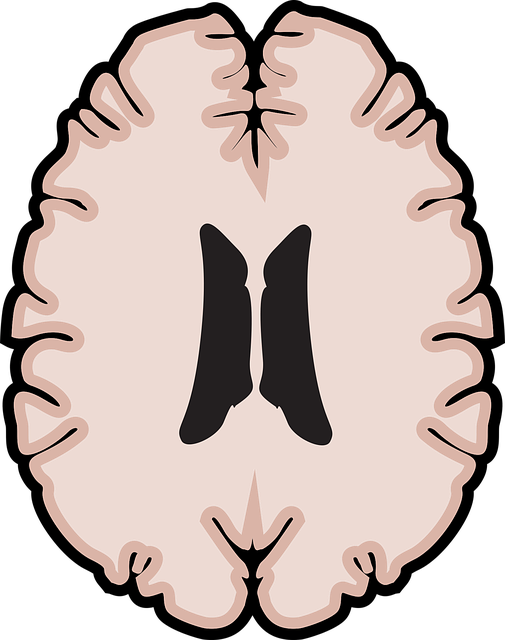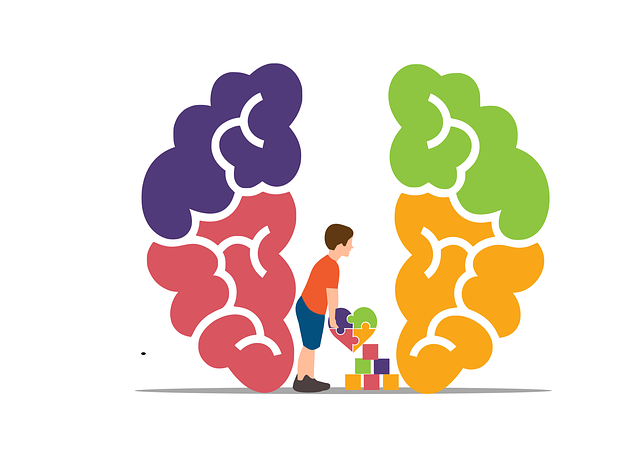Mental health advocacy, particularly for marginalized groups like those with Longmont Autism Spectrum Disorder (ASD), is transformative on multiple levels. It raises awareness, challenges stereotypes, and advocates for policies supporting mental well-being. Longmont ASD therapy centers play a crucial role in this by offering specialized care, fostering understanding of ASD, and teaching coping strategies. Effective advocacy uses multi-faceted strategies: public awareness campaigns, skills development programs, and podcast series to break down stigma and empower individuals. By improving access to tailored therapy and promoting mental health discussions, these initiatives aim to create resilient, happy communities for all citizens, including those with ASD.
Mental health advocacy plays a crucial role in building resilient communities, and initiatives like Longmont Autism Spectrum Disorder (ASD) Therapy are at the forefront of this movement. This article explores the profound impact of mental health advocacy on society, focusing on how programs such as Longmont ASD Therapy foster understanding and support. We’ll delve into effective strategies for these initiatives, addressing barriers to access mental healthcare, ultimately aiming to revolutionize community care.
- Understanding Mental Health Advocacy and Its Impact on Communities
- The Role of Longmont Autism Spectrum Disorder Therapy in Advocacy
- Effective Strategies for Mental Health Advocacy Initiatives
- Overcoming Barriers to Advocate for Better Mental Healthcare Access
Understanding Mental Health Advocacy and Its Impact on Communities

Mental health advocacy initiatives play a pivotal role in shaping communities and improving lives. It involves raising awareness, challenging stereotypes, and fighting for policies that support mental well-being. Advocacy is crucial, especially for marginalized groups like individuals with Longmont Autism Spectrum Disorder Therapy needs. By advocating for better access to therapy and services, these initiatives ensure that everyone receives the care they deserve.
The impact of advocacy extends beyond individual lives; it transforms societal attitudes and structures. Effective mental health policy analysis and advocacy can lead to improved diagnosis, treatment, and support systems. This includes implementing risk assessment tools for mental health professionals to better understand and address risks within their practices. Fostering positive thinking and supportive communities is also a key outcome, enhancing the overall resilience and happiness of citizens.
The Role of Longmont Autism Spectrum Disorder Therapy in Advocacy

Longmont Autism Spectrum Disorder Therapy (ASD) centers play a pivotal role in mental health advocacy by bringing specialized care and support to individuals on the spectrum. These initiatives focus on not just treating symptoms but fostering understanding and acceptance of ASD, thereby promoting mental wellness among this community. Through innovative therapy methods, they teach essential coping strategies and empathy-building techniques that enhance emotional healing processes.
The centers empower individuals with ASD by providing safe spaces where they can express themselves freely. By integrating various therapeutic approaches, Longmont ASD Therapy initiatives contribute to breaking down societal barriers and promoting inclusive practices. They advocate for early intervention and lifelong support, ensuring that every individual with autism spectrum disorder has the chance to thrive and lead fulfilling lives.
Effective Strategies for Mental Health Advocacy Initiatives

Mental health advocacy initiatives are most effective when they employ multi-faceted strategies that cater to diverse communities. One powerful approach is the development of Public Awareness Campaigns that educate the public about mental health issues, break down stigma, and encourage open conversations. These campaigns can include engaging social media content, community events, and partnerships with local businesses to reach a wide audience. For instance, initiatives focusing on Longmont Autism Spectrum Disorder Therapy have utilized these methods to raise awareness and provide support for individuals and families navigating autism-related challenges.
Additionally, Coping Skills Development programs play a pivotal role in empowering individuals to manage their mental health proactively. These programs can be tailored to specific populations, such as youth, adults, or veterans, and may include therapy groups, workshops, and online resources. Incorporating interactive elements like role-playing scenarios, mindfulness exercises, and peer support networks enhances the effectiveness of these initiatives. Furthermore, Mental Wellness Podcast Series Production has emerged as a popular strategy to provide accessible, on-demand content that discusses various mental health topics, shares personal narratives, and offers practical tips for improving mental wellness.
Overcoming Barriers to Advocate for Better Mental Healthcare Access

Advocating for better mental healthcare access can be a daunting task, but overcoming barriers is essential to making meaningful progress. One significant hurdle is the persistent stigma surrounding mental health issues, which often deters individuals and their families from seeking necessary support. Educating communities about the importance of mental well-being and fostering an environment of understanding and empathy are crucial steps. Many people, especially those with conditions like Longmont Autism Spectrum Disorder, face unique challenges in accessing therapy. They may require specialized treatment, including social skills training and coping skills development, which should be readily available and tailored to their needs.
Another barrier is the lack of awareness about existing resources and services. Many individuals are unaware of the various support systems dedicated to improving mental healthcare. Raising visibility through community outreach programs, utilizing digital platforms for information dissemination, and engaging influencers or advocates can help bridge this gap. By making information accessible and promoting self-care routine development, we can empower individuals to take charge of their mental health and actively participate in advocacy efforts, ultimately leading to more inclusive and effective mental healthcare solutions.
Mental health advocacy initiatives, such as those exemplified by Longmont Autism Spectrum Disorder Therapy, play a pivotal role in fostering inclusive communities. By understanding the impact of advocacy and employing effective strategies, we can overcome barriers to mental healthcare access. These efforts not only benefit individuals with autism but also enrich the lives of everyone within our communities, creating a more compassionate and supportive environment for all.










